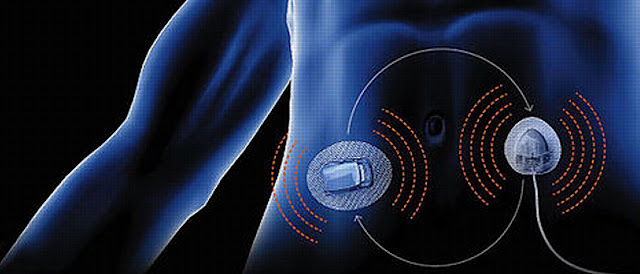Living Well With Short Bowel Syndrome: A Guide to Overcoming Challenges
.jpg) |
| Short Bowel Syndrome |
A collection of issues associated with inadequate nutrient absorption is known as short bowel syndrome. People with generally develop short bowel syndrome. Had all or a portion of their large intestine removed, as well as at least half of their small intestine. Substantial small intestinal injury. Depending on how well the small intestine is functioning, short bowel syndrome can range from mild to severe.
Insufficient
water, vitamins, minerals, protein, fat, calories, and other nutrients can be
absorbed by people with small bowel syndrome. Depending on whatever part of the
small intestine has been harmed or deleted, certain nutrients may be difficult
for the small intestine to absorb. There are three anatomically distinct forms
of SBS: end-jejunostomy, jejunoileal anastomosis, and jejunocolonic
anastomosis, in which the jejunum is typically connected to the left colon.
Surgery
to remove a section of the small intestine is the main reason for short bowel
syndrome. This procedure can treat injuries, birth abnormalities, and digestive
illnesses.
Short
bowel syndrome can result from some new-borns having an abnormally short small
intestine or having a portion of their colon missing. Short bowel syndrome in
babies most frequently develops after surgery to treat necrotizing
enterocolitis, a disorder when a portion of the tissue in the intestines is destroyed.
An
uncommon condition is Short
Bowel Syndrome. Every year, three out of every million people are
affected by short bowel syndrome. Short bowel syndrome is characterised by
diarrhoea, or loose, watery faeces. Dehydration, malnutrition, and weight loss
can result from diarrhoea. When the body is dehydrated, it lacks the
electrolytes—chemicals in salts, such as sodium, potassium, and chloride—it
needs to function correctly. When the body does not receive the proper amount
of vitamins, minerals, and nutrients to support healthy tissues and organ
function, malnutrition is a disorder that can arise. Compared to firm stools,
loose stools have a higher fluid and electrolyte content. Without the right
care, these issues can become serious and even fatal.
Food
allergies and sensitivities, such as lactose intolerance, are also more common
in people with small bowel syndrome. People who have lactose intolerance
experience digestive symptoms after consuming milk or milk products, such as
bloating, diarrhoea, and gas. A faecal fat test gauges how well the body can
digest and absorb fat. At a doctor's office, a patient supplies a stool sample
for this test. A take-home test kit is another option for the patient. The
patient takes a sample of the stool and puts it in a container after collecting
it in plastic wrap that is placed over the toilet seat.



Comments
Post a Comment